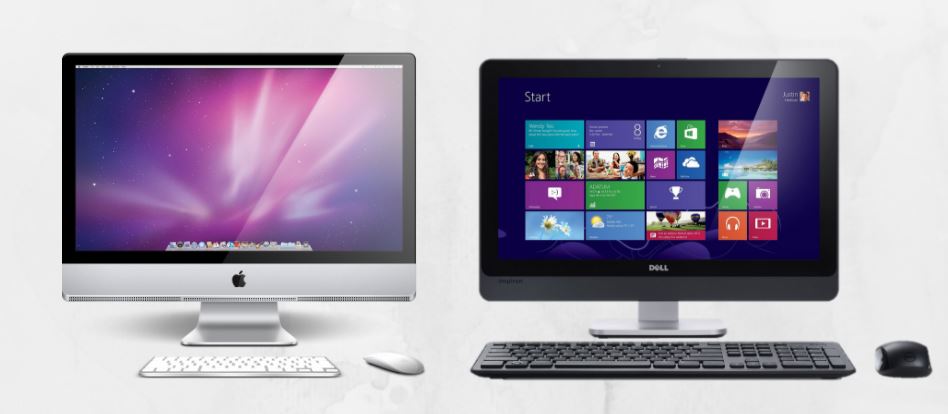Quantum computing has the potential to revolutionize technology, promising exponential leaps in processing power. However, there are several limitations and challenges that researchers must overcome to make quantum computers a reality. This article will explore these issues and discuss potential solutions.
Quantum Decoherence: The Fragile Nature of Qubits
Quantum decoherence is one of the primary challenges facing quantum computing. Qubits, the fundamental units of quantum computers, rely on quantum superposition and entanglement. These delicate states are highly susceptible to interference from their environment, causing quantum decoherence.
To overcome this issue, researchers are developing techniques to protect qubits from external noise and create fault-tolerant quantum computing architectures. One promising approach is the use of quantum error correction, which can detect and correct errors in quantum computations.
Scalability: Building Large-Scale Quantum Computers
Current quantum computers are relatively small-scale, with only a few dozen qubits. To realize the full potential of quantum computing, we need to build large-scale quantum computers with thousands or millions of qubits.
Scalability is a significant challenge, as the number of qubits increases, so does the complexity of controlling and maintaining their coherence. Researchers are investigating various approaches to scalable quantum computing, such as modular architectures and the development of more efficient qubit designs.
Quantum Software: Developing Algorithms and Programming Languages
While hardware advancements are crucial, the development of quantum software is equally important. Quantum computers require specialized algorithms and programming languages to harness their unique capabilities.
Researchers are actively working on developing quantum algorithms and programming languages, such as Q# from Microsoft and Quipper for quantum computing. As quantum hardware progresses, the software side will need to keep pace to exploit the full potential of these revolutionary machines.
Integration with Classical Computing: Bridging the Gap
Quantum computers excel at solving specific types of problems, while classical computers remain more suited for general-purpose tasks. Integrating quantum and classical computing systems will be a vital aspect of realizing the benefits of quantum computing.
Researchers are exploring hybrid quantum-classical algorithms, which combine the strengths of both computing paradigms. This approach allows us to harness the power of quantum computers for specific tasks while relying on classical computers for other computations.
Overcoming the Challenges
The path to practical quantum computing is fraught with challenges, but researchers are making steady progress in overcoming these limitations. By addressing quantum decoherence, scalability, quantum software development, and integration with classical computing, we move closer to unlocking the immense potential of quantum computers.
In conclusion, while quantum computing faces significant obstacles, continued research and innovation in both hardware and software will help us overcome these challenges. The future of quantum computing is bright, and as we tackle these hurdles, we pave the way for a new era of computational power and technological advancement.




